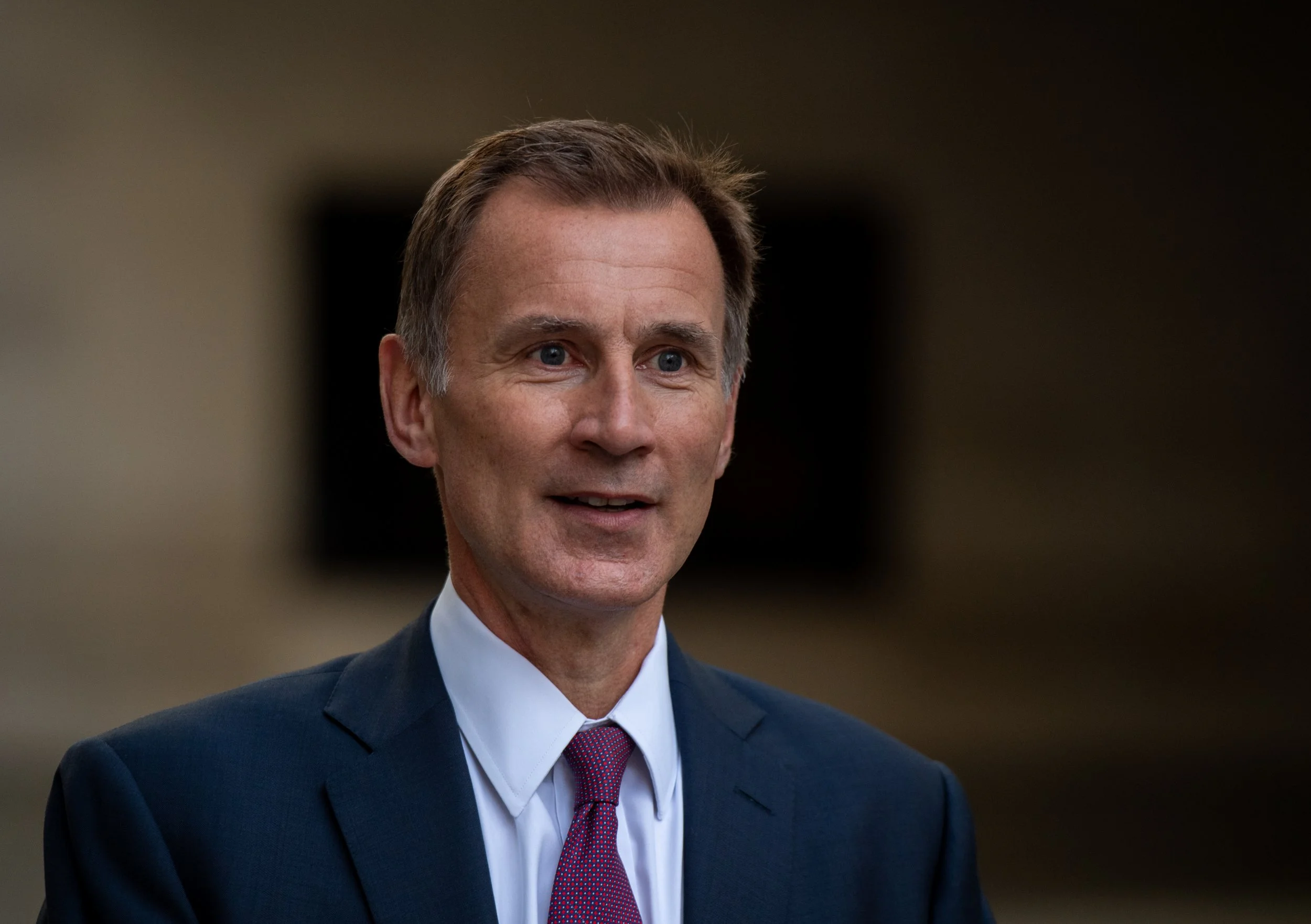Inflation in the UK has climbed to 11.1%, new data published by the Office for National Statistics (ONS) has shown.
The latest figure for Consumer Prices Index (CPI) inflation, which covers the 12 months to October, has risen from 10.1% in the year to September.
Following the latest jump in the annual CPI inflation rate, the ONS confirmed October’s figure is the highest in the National Statistic series, which began in January 1997. Based on indicative modelled consumer price inflation estimates, the ONS said that the annual CPI rate would have last been higher in October 1981, when it stood at 11.2%.
Despite the introduction of the government’s energy price guarantee, the ONS data confirmed that gas and electricity prices made the largest upward contribution to the change in the CPI annual inflation rate between September and October. Rising food prices also made a large upward contribution to the rise.
On a monthly basis, the figures also confirmed that CPI inflation increased by 2.0% in October, which compared with a rise of 1.1% in the same month last year.
“The war in Ukraine has taken an alarming turn for the worst and looks further from resolution than ever,” commented CEO at fintech broker Loan.co.uk, Paul McGerrigan. “The impact on global supply chains and energy pricing will therefore continue to fuel inflation until the UK can reduce dependency.
“Despite wages rising at their fastest rate for more than 20 years, they are still unable to keep pace with rapidly escalating costs, which means household budgets continue to feel the pressure. The recent record jump in bank rate has compounded this further.
“Carefully considered personal finance decisions particularly in relation to mortgages are critical to help many households navigate the next 12 to 18 months. All of us, who offer property-based borrowing advice need to step up and be there.”
Managing director of capital markets and finance at LiveMore Capital, Simon Webb, said: “What appears to be a foregone conclusion, judging by the recent 0.2% downturn in GDP, is that the UK is moving into recession along with other global economies.
“What is notable about the CPI inflation figure is that it has been calculated using subsidised energy prices, so the 11.1% rate is lower than if there was no energy price cap in place. This cap is due to be removed, or reviewed, in April 2023 but if it is taken away, inflation may well will pick up again. It could be a rollercoaster ride for inflation in the next year.”
Canada Life technical director, Andrew Tully, added that tomorrow’s Autumn Statement is “unlikely to provide any immediate relief” for struggling households.
“With personal inflation rates at an eye-watering level, pensioners reliant on the state pension will be pinning their hopes on the Chancellor recommitting to a double-digit increase through the triple lock promise, but even then this will hardly match the price rises pensioners are experiencing,” he said.
Latest News
-
Residential property transactions fall 24% month-on-month
-
Later life lending loans jump 5.1% in Q4 2025
-
Mortgage Awards 2026: Winners announced
-
FCA outlines proposals to close gaps in borrowers’ credit files
-
St. James’s Place closes 2025 with record FuM
-
Average LTV on UK mortgaged home drops to 59% – IMLA
Mortgage Advice Bureau and AI in the mortgage sector
Chief executive officer at Mortgage Advice Bureau, Peter Brodnicki, and founder and managing director at Heron Financial, Matt Coulson, joined content editor Dan McGrath to discuss how Mortgage Advice Bureau is using artificial intelligence to make advancements in the mortgage industry, the limitations of this technology and what 2026 will hold for the market
Perenna and the long-term fixed mortgage market

Content editor, Dan McGrath, spoke to head of product, proposition and distribution at Perenna, John Davison, to explore the long-term fixed mortgage market, the role that Perenna plays in this sector and the impact of the recent Autumn Budget
NEW BUILD IN FOCUS - NEW EPISODE OF THE MORTGAGE INSIDER PODCAST, OUT NOW

Figures from the National House-Building Council saw Q1 2025 register a 36% increase in new homes built across the UK compared with the same period last year, representing a striking development for the first-time buyer market. But with the higher cost of building, ongoing planning challenges and new and changing regulations, how sustainable is this growth? And what does it mean for brokers?
Does the North-South divide still exist in the UK housing market?

What do the most expensive parts of the country reveal about shifting demand? And why is the Manchester housing market now outperforming many southern counterparts?
In this episode of the Barclays Mortgage Insider Podcast, host Phil Spencer is joined by Lucian Cook, Head of Research at Savills, and Ross Jones, founder of Home Financial and Evolve Commercial Finance, to explore how regional trends are redefining the UK housing, mortgage and buy-to-let markets.
In this episode of the Barclays Mortgage Insider Podcast, host Phil Spencer is joined by Lucian Cook, Head of Research at Savills, and Ross Jones, founder of Home Financial and Evolve Commercial Finance, to explore how regional trends are redefining the UK housing, mortgage and buy-to-let markets.
© 2019 Perspective Publishing Privacy & Cookies











Recent Stories